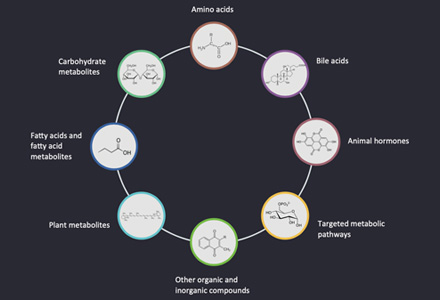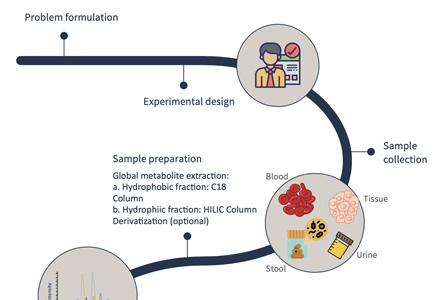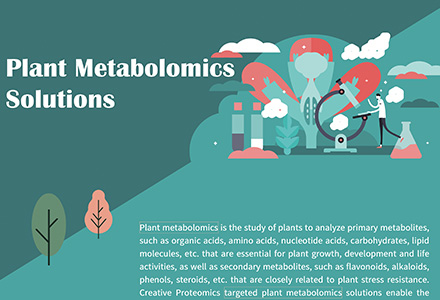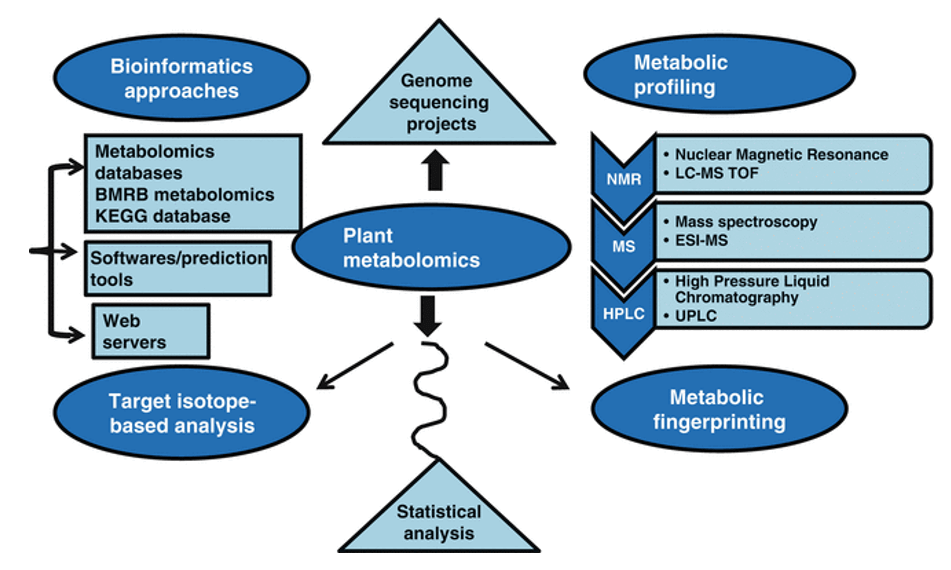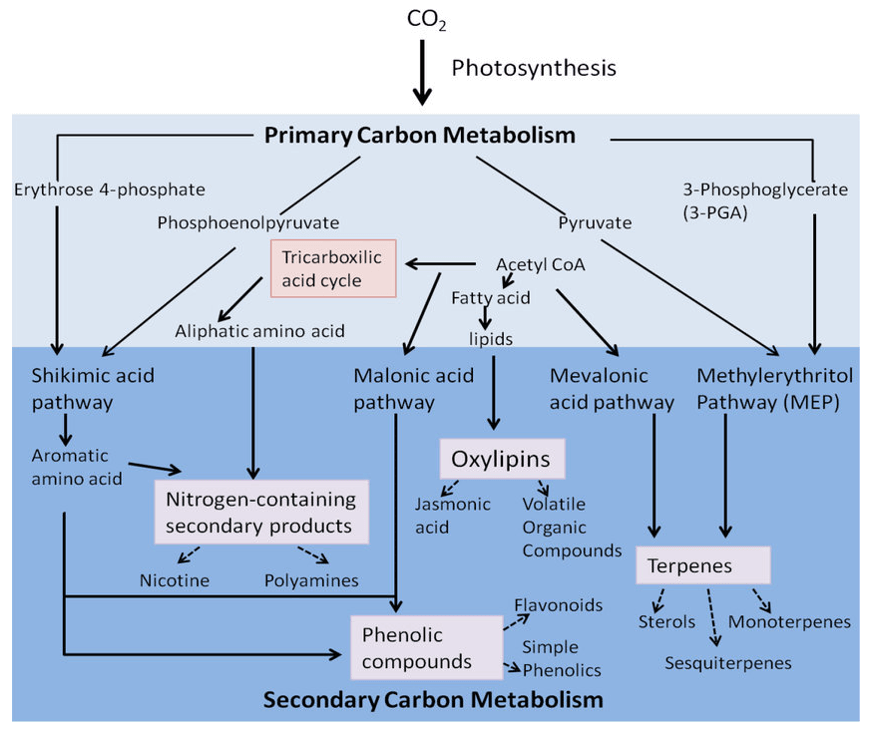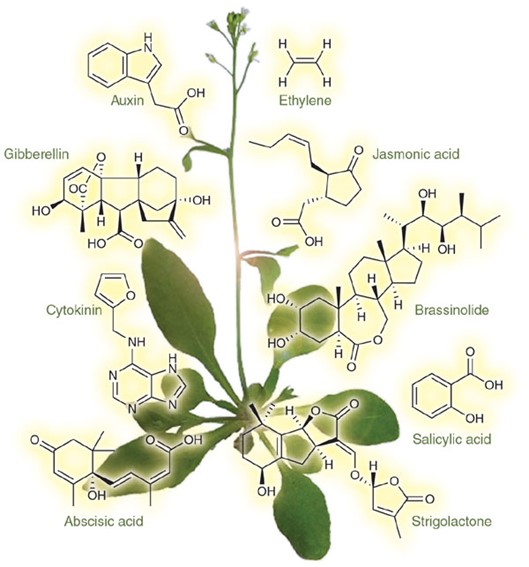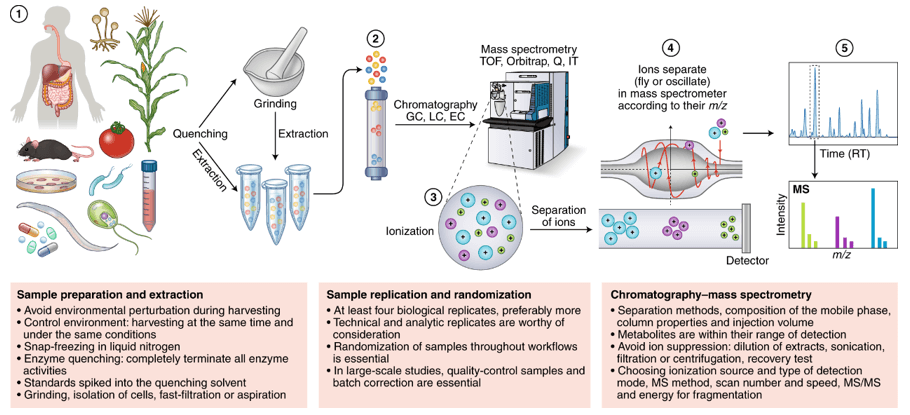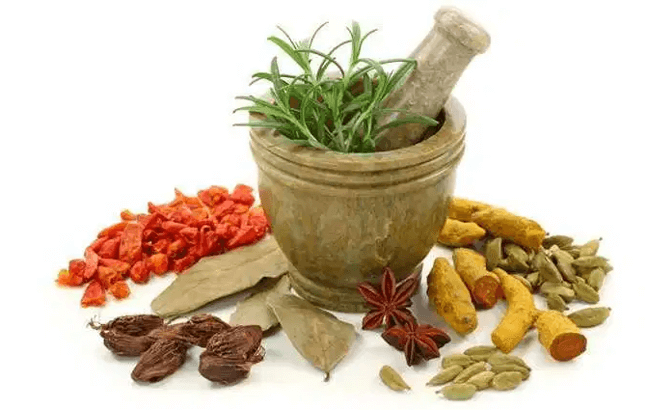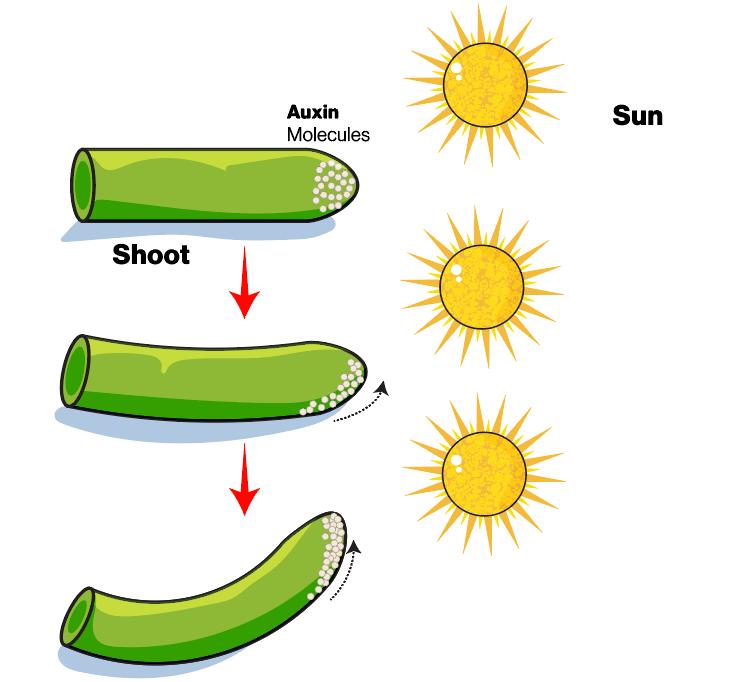Ethylene (ETH) Analysis Service
Submit Your InquiryOverview
Ethylene (ETH, H2C=CH2), a gaseous phytohormone, is the first gaseous molecule found to function as a hormone. Since ethylene was initially known to stimulate adventitious root formation, there has been a great interest in exploring ethylene. Studies have found that ETH plays an important role in modulating plant growth and development throughout the plant life cycle, including seed germination, flower senescence, and fruit ripening and abscission. ETH is also involved in defense against pathogens or elicitor attacks, and responses to abiotic stresses like chemical exposure, hypoxia, wounding, freezing, chilling, nutrient availability, and flooding. Moreover, the ETH concentration may vary according to the plant species, developmental stage of the plant, and organ types such as flower, root, and leaf. It is very important to monitor and control ethylene emission in plants to accelerate plant growth and fruit freshness. Thus, there is a growing demand for simple, affordable, and accurate ETH analysis methods for measuring ETH concentrations.
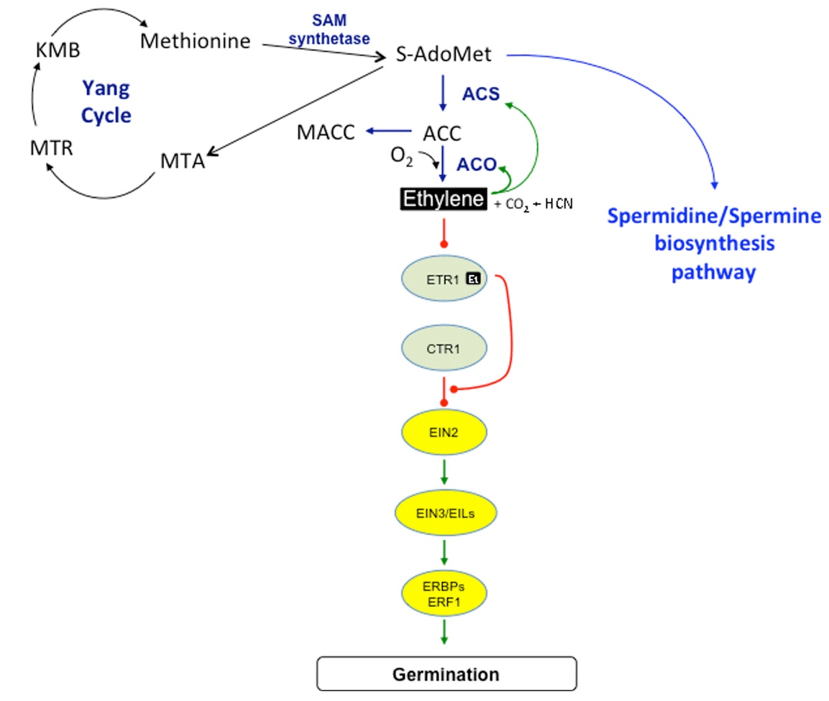 Figure 1. Ethylene biosynthesis and signaling pathways (Corbineau et al., 2014).
Figure 1. Ethylene biosynthesis and signaling pathways (Corbineau et al., 2014).
Applications of ETH Analysis
- Elucidate the mechanisms of ETH biosynthesis and perception
- Understand ETH signal transduction
- Enhance fruit ripening and production
Advantages of Our ETH Analysis Service
Service Workflow
Creative Proteomics offers detection and quantification of ethylene in plants using the rapid and highly sensitive Agilent 7890A gas chromatography–mass spectrometry (GC‐MS) system. We are experienced in dealing with a variety of sample types and can achieve high effectiveness and recovery rates consistently exceeding 85%, without homogeneity between samples.

Quantification method: external standard method
Analysis content:
- Raw data preprocessing
- Absolute quantification of ETH
- Differential metabolites screening
- Partial least squares-discriminant analysis (PLS-DA) and principal component analysis (PCA)
List of Detectable ETHs at Creative Proteomics
| Detectable ETHs | CAS | Quantification Method |
|---|---|---|
| Ethylene (ETH) | 74-85-1 | External standard method |
Sample Requirements
Fresh plant tissues >2 g. Provide young plant tissues for best results. Samples should be frozen in liquid nitrogen immediately after collection, and then transferred to -80°C for storage.
At least 3 biological replicates.
Deliverables
- Experimental procedure
- Parameters of GC-MS
- MS raw data files and MS data quality checks
- ETH quantification data
- Custom data analysis report
Creative Proteomics provides comprehensive ethylene analysis services using state-of-the-art gas chromatography coupled to mass spectrometry (GC-MS). We are committed to clarifying the biosynthesis, signaling, and action of ETH in the regulation of plant developmental and physiological processes.
References
- Cristescu S M, Mandon J, Arslanov D, et al. Current methods for detecting ethylene in plants. Annals of botany, 2013, 111(3): 347-360.
- Binder B M. Ethylene signaling in plants. Journal of Biological Chemistry, 2020, 295(22): 7710-7725.
- Corbineau F, Xia Q, Bailly C, et al. Ethylene, a key factor in the regulation of seed dormancy. Frontiers in plant Science, 2014, 5: 539.
- Pereira L, Pujol M, Garcia‐Mas J, et al. Non‐invasive quantification of ethylene in attached fruit headspace at 1 ppb by gas chromatography–mass spectrometry. The Plant Journal, 2017, 91(1): 172-183.


